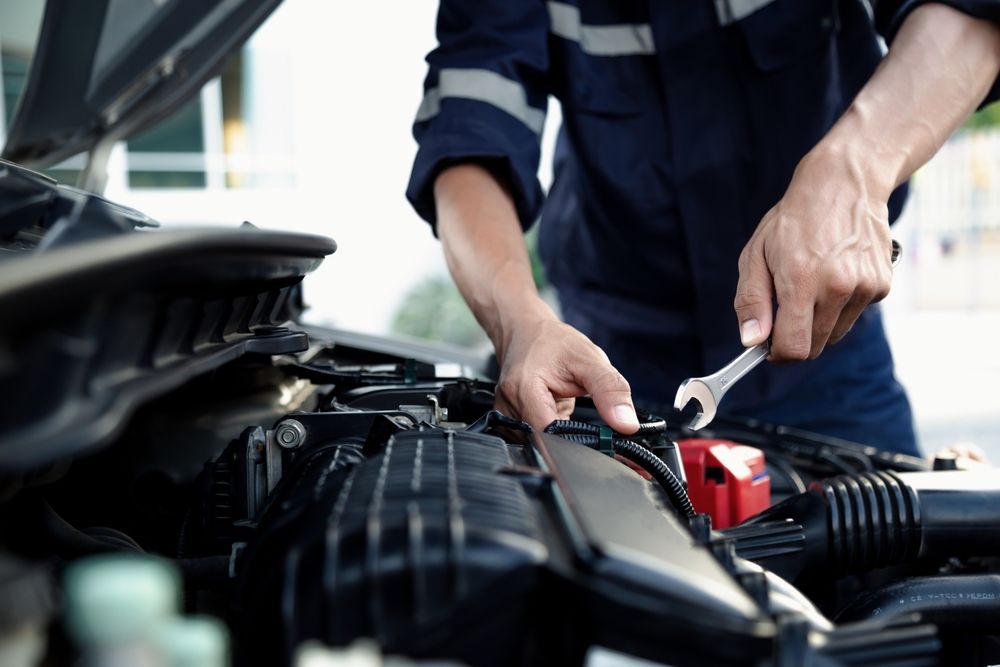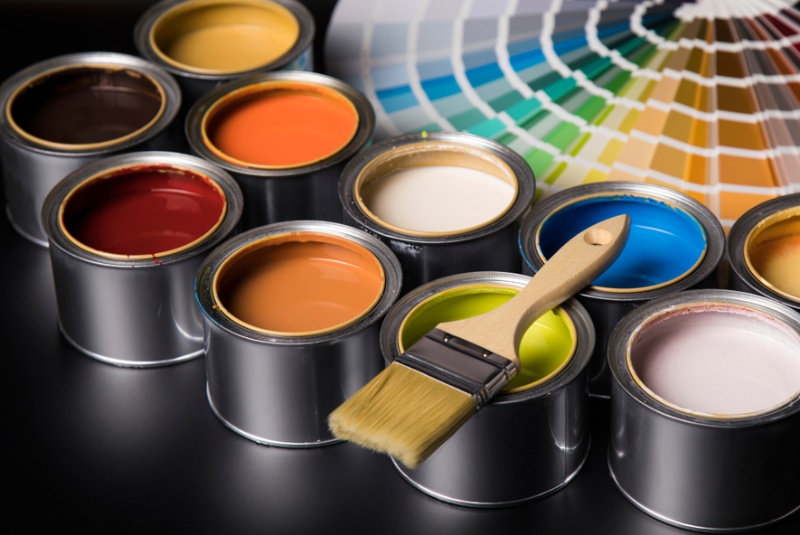Owning a car brings freedom and convenience—but it also comes with the ongoing responsibility of keeping it running smoothly. From oil changes and new tires to brake jobs and unexpected repairs, car maintenance can take a big bite out of your budget.
The good news? A little planning and smart care can dramatically cut your costs over the life of your vehicle. Here’s how to save money on car maintenance without sacrificing reliability or safety.
Stick to Regular Maintenance
It might sound counterintuitive, but spending a little now can save you thousands later.
-
Change your oil and filters on schedule. Dirty oil increases engine wear, which shortens lifespan and leads to costly repairs.
-
Check coolant levels and flush as recommended. Overheating is one of the fastest ways to destroy an engine.
-
Replace air filters as needed. A clogged filter makes your engine work harder and burns more fuel.
Your owner’s manual is the best guide for these intervals—following it protects your car’s most expensive components.
Learn to Handle Simple DIY Tasks
You don’t need to be a mechanic to take care of basic upkeep. Handling small jobs yourself means paying only for parts, not labor.
-
Replace windshield wiper blades. It’s usually a quick snap-on process.
-
Change air filters. Most pop right out without tools.
-
Top off windshield washer fluid, check tire pressure, and replace cabin filters.
There are countless tutorials online to walk you through these tasks. Over time, these little savings really add up.
Shop Around for Honest Mechanics
When bigger jobs do come up, where you go matters. Labor rates and honesty vary widely.
-
Ask friends and family for referrals.
-
Check online reviews on Google or Yelp.
-
Get estimates from at least two shops for anything major.
A trustworthy local mechanic often charges less than a dealership and may be more willing to repair instead of replace entire systems.
Buy Your Own Parts (When Practical)
Some mechanics allow you to supply your own parts.
-
Ordering parts online or from a local auto store can be cheaper than a shop’s markup.
-
Just check with your mechanic first—they may only warranty work if they supply the parts.
This is especially useful for non-specialized items like batteries, air filters, or spark plugs.
Don’t Ignore Small Problems
That squeaky belt, blinking dashboard light, or tiny leak might seem harmless—but minor issues often snowball into big expenses.
-
A small brake squeal could mean pads are wearing thin. Waiting too long damages rotors, doubling the bill.
-
A check engine light could be something simple like a loose gas cap—but if ignored, might lead to more serious issues.
Addressing problems early is almost always cheaper.
Extend the Life of Your Tires
Tires are a significant investment. Proper care makes them last longer.
-
Keep them inflated to the recommended pressure. Underinflated tires wear unevenly and reduce gas mileage.
-
Rotate them every 5,000 to 7,000 miles so they wear evenly.
-
Check alignment if your car pulls to one side. Bad alignment eats up tread quickly.
Good tire care extends replacement timelines and keeps your car safer.
Watch How You Drive
Your driving habits directly impact wear and tear.
-
Avoid hard stops and quick starts. Gentle acceleration and braking reduce stress on brakes and transmission.
-
Don’t overload your vehicle. Excess weight strains the suspension and brakes.
-
Take it easy on potholes. Rough roads damage tires, wheels, and alignment.
A calmer driving style pays off in fewer repairs and better fuel economy.
Use Quality Fluids—But Skip Unneeded Additives
Stick with the oil, coolant, and brake fluids your manufacturer recommends.
-
Buying cheap fluids can lead to sludge or corrosion issues.
-
But skip costly “miracle additives” you see at checkout—they rarely do anything meaningful.
Investing in the right fluids is one of the best ways to protect expensive components.
Maintain Your Battery
Car batteries often fail without warning—and paying for a tow and emergency replacement costs far more than preventative care.
-
Clean off corrosion on the terminals with a baking soda and water mix.
-
Have your battery tested each year, especially after it’s three years old.
Replacing it proactively is cheaper than getting stranded.
Keep Your Car Clean—Inside and Out
It sounds cosmetic, but regular washing (especially in areas with road salt) prevents rust that can lead to costly body repairs.
Vacuuming and protecting interior surfaces also help maintain resale value.
Compare Costs Before Saying Yes
When a mechanic suggests work, don’t feel pressured to agree immediately.
-
Ask if it’s urgent or can wait.
-
Get a written estimate.
-
If the price seems high, get a second opinion.
Many shops will beat a competitor’s quote if asked.
Look for Coupons and Loyalty Programs
Many auto shops and even dealerships send out coupons for oil changes, brake inspections, or tire rotations.
-
Sign up for emails from trusted local garages.
-
Some offer loyalty punch cards that give you a free oil change after several visits.
Even small discounts help.
Build a Maintenance Fund
Set aside a small amount each month (say $25–$50) specifically for car upkeep. This way, routine maintenance or small repairs don’t blow your budget.
It’s less stressful to pay for a new set of tires or brake pads when you’ve already planned for it.
Car maintenance is unavoidable—but how much you spend is largely within your control. By keeping up with routine care, handling simple DIY tasks, driving responsibly, and shopping smart for repairs, you can save hundreds or even thousands over the life of your vehicle.
A little time and attention today mean fewer surprise bills tomorrow—keeping both your car and your finances in better shape.





